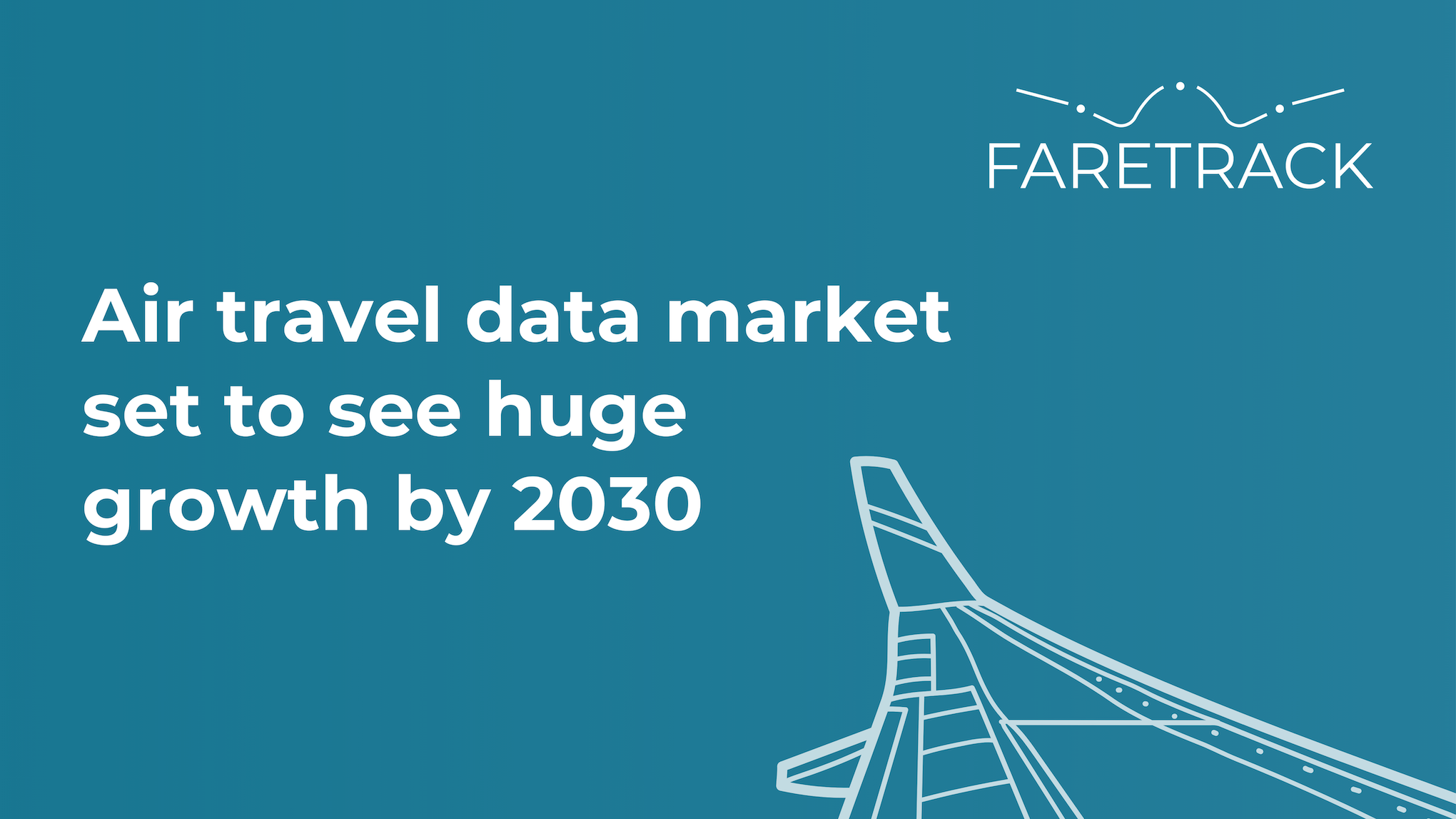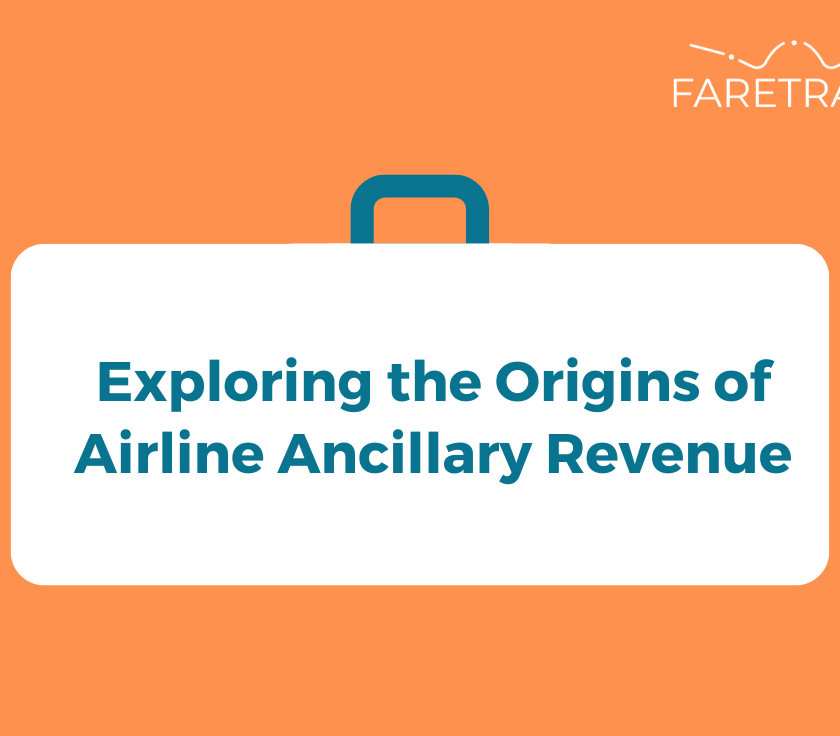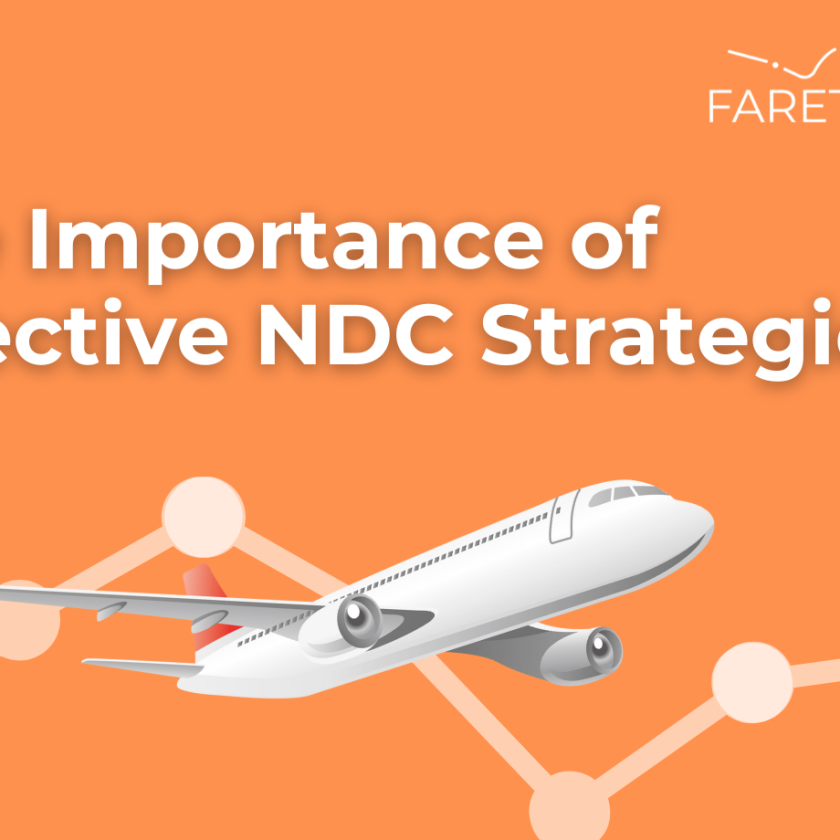Air Travel data intelligence plays a vital role in optimizing operations, improving passenger experiences, and driving profitability in the air travel industry. In a recent market report, it was revealed that the aviation analytics market, focused on leveraging data-driven insights, has experienced significant growth. Research indicates that this market was valued at USD 2.5 billion in 2021 and is projected to reach USD 6.92 billion by 2030, with a compound annual growth rate (CAGR) of 12.3%. It is perhaps not surprising that this growth is so substantial. Airline Revenue Managers, Distribution teams, and Network Operations professionals are increasingly turning to data to help them make more profitable, more efficient, and better decisions. Airlines are utilizing ever increasingly sophisticated analytical tools and methodologies to extract insights from the vast amounts of data generated within the industry. Its applications range from optimizing flight operations and revenue management to enhancing customer service and maintenance processes. Several factors contribute to the growth of the aviation analytics market:
Increasing Data Volume:
The aviation industry generates extensive Air Travel data from various sources, including flight operations, passenger information, weather systems, and aircraft health monitoring. Effectively analyzing this data can lead to significant operational improvements.
Technological Advancements:
Advancements in technology, such as the Internet of Things (IoT), machine learning, and predictive analytics, enable more sophisticated analysis of complex datasets. This empowers stakeholders to make better decisions and develop predictive capabilities.
Competitive Pressure:
In a fiercely competitive market, airlines continuously seek ways to reduce costs and enhance passenger experiences. This drives the demand for advanced analytical solutions that can provide a competitive edge.
However, all data is not created equally. Poor, inaccurate, incomplete data is going to drive poor decision-making. Airlines are increasingly recognizing this fact, and as a result, are turning to partners, like FareTrack, to provide them more accurate data in order to make better decisions and fuel platforms such as Revenue Management Systems, business intelligence platforms, and internal analysis activities. They are looking for smarter solutions to their data challenges.
In conclusion, data intelligence is growing in how crucial in the aviation industry, where accurate and complete data drives informed decision-making, operational efficiency, and ultimately, success.




